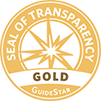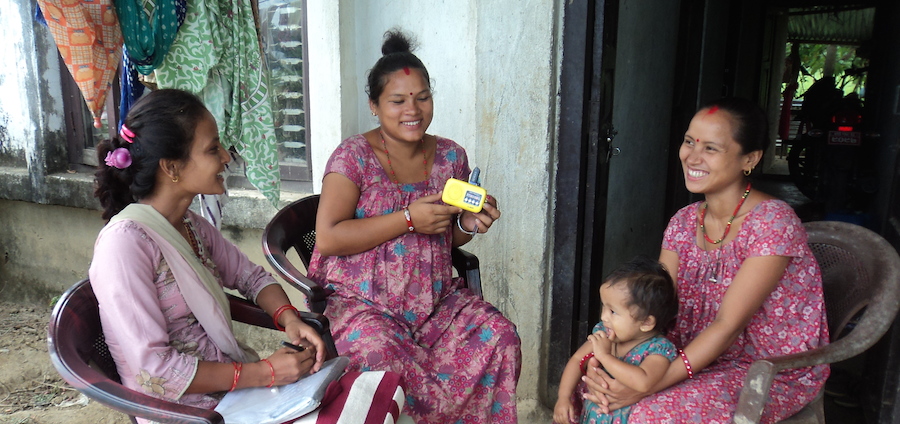
This article was written as part of the Women Weave the Web campaign of our partner organization WorldPulse, and is written by Sanjana Shrestha, the Nepal Country Director of READ Global.
Dol Kumari was born in Nepal, married at age nine, and a mother of two by sixteen. After childbirth, she suffered from uterine prolapse—a painful but preventable condition in which the uterus falls out of alignment due to damage to internal muscles caused by labor. Her condition made walking, household chores, and even sitting extremely painful. Despite her constant pain, she was ashamed of her condition because she didn’t understand it, and kept it a secret for 25 years.
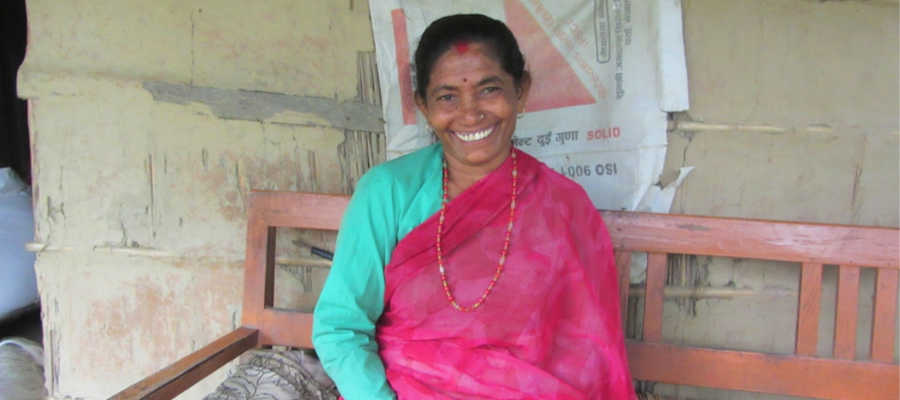
In Dol’s rural village of Jhuwani, Nepal, over 60% of mothers suffer from uterine prolapse, and 80% of women never visit a hospital during pregnancy.
To address this problem, the local community library and resource center (READ Center) created a multimedia program called “My Digital Friend for My Healthy Life,” which aims to raise awareness about and improve access to appropriate healthcare for pregnant women using digital tools.
As part of the program, the Center recorded 40 audio programs and 5 videos to raise awareness on maternal health and uterine prolapse. Health outreach workers and social mobilizers then shared the videos with women in the local community by playing them via radio, mobile phone or laptops.
Once women gained awareness about these issues and felt comfortable coming forward, the READ Center provided them with regular health checkups, and a gynecology health camp.
In just five months, 87 women had health check-ups and met with gynecologists. Of those women, 12 cases of uterine prolapse were identified and treated through free surgery – including Dol.
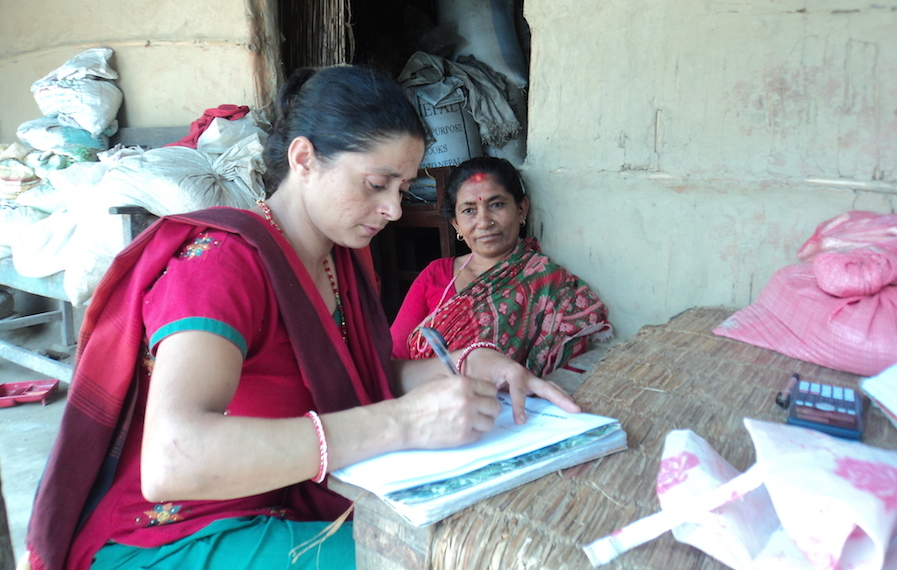
“I am feeling good after [the] operation. I am relieved of the burden that I have been carrying for 25 years,” Dol said.
Not surprisingly, Dol has also been educating her neighbors and other women about uterine prolapse and suggests that they visit the hospital regularly.
As the Nepal Country Director for the non-profit organization READ Global, I see that this is the beauty of digital, community-based programs — when one person benefits from a service or program, they want to pay it forward. And digital tools allow for that impact to multiply exponentially.
We have the potential to bring this kind of awareness and empowerment to hundreds and even thousands of women across Nepal who suffer from uterine prolapse and lack access to basic health care and knowledge. One of the most simple, effective, and far-reaching ways to spread this message in rural communities is by using digital tools like mobile phones, laptops, and community radio.
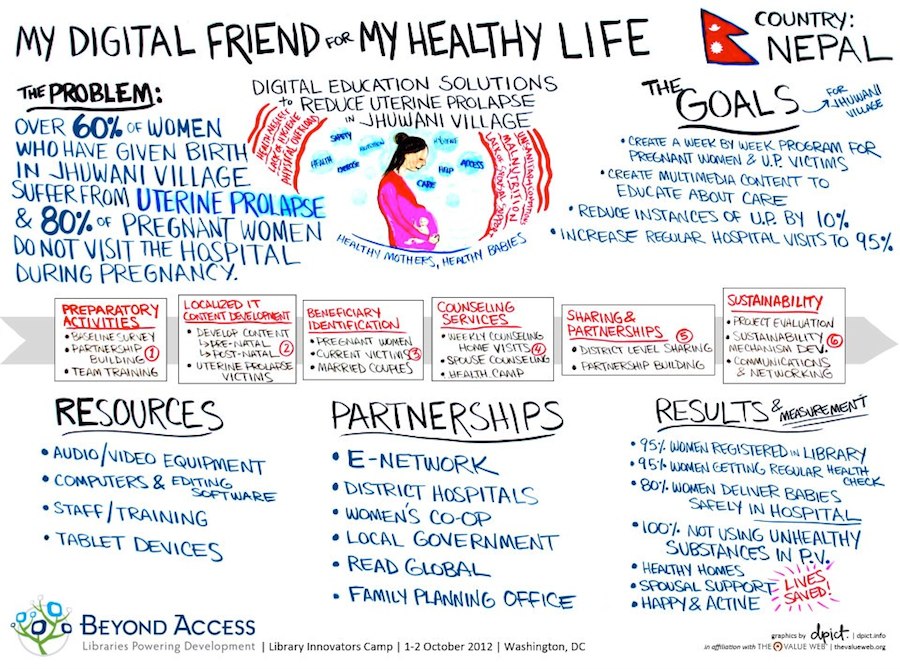
The “My Digital Friend for My Healthy Life” program was made possible through the Beyond Access 2012 People’s Choice award. READ hopes to expand the program to other communities in rural Nepal.


